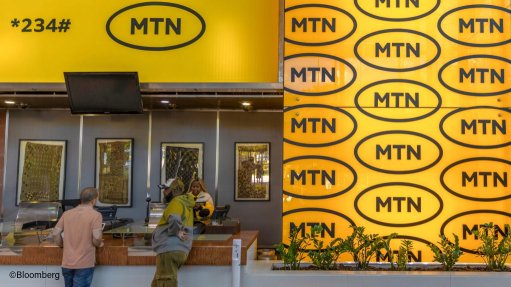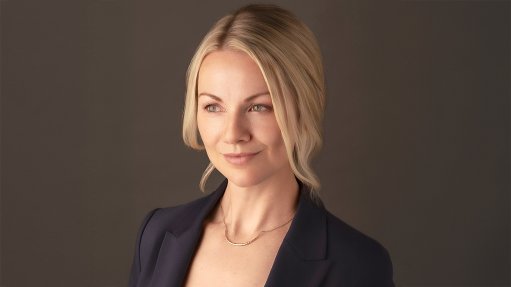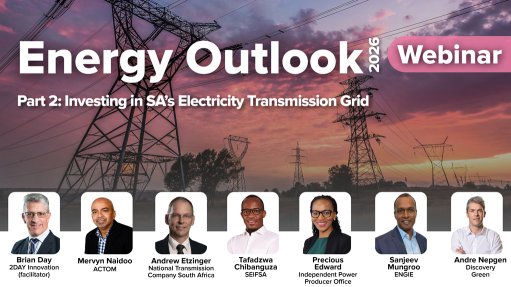Canadian farming company proves sustainable leafy green production is possible

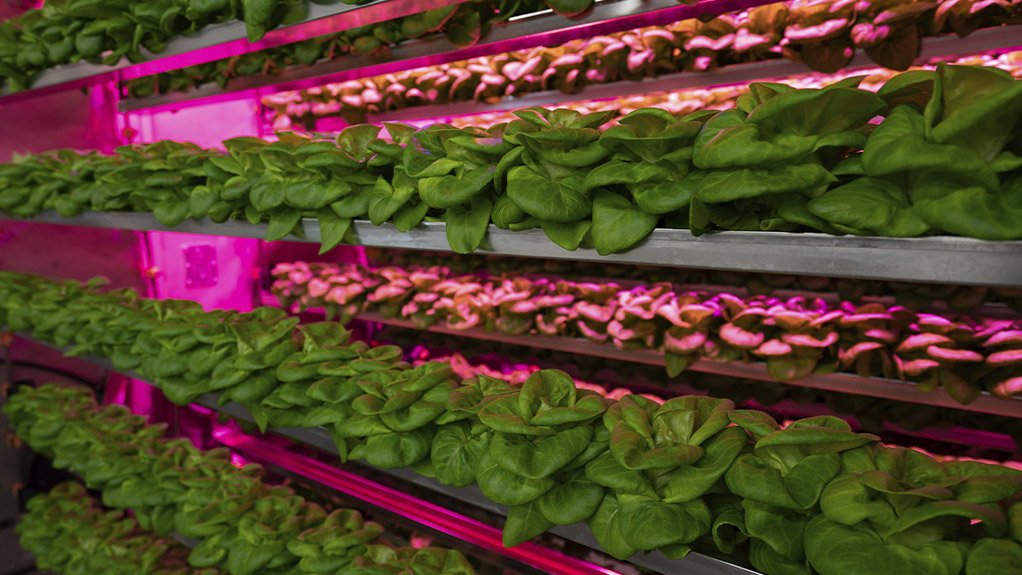
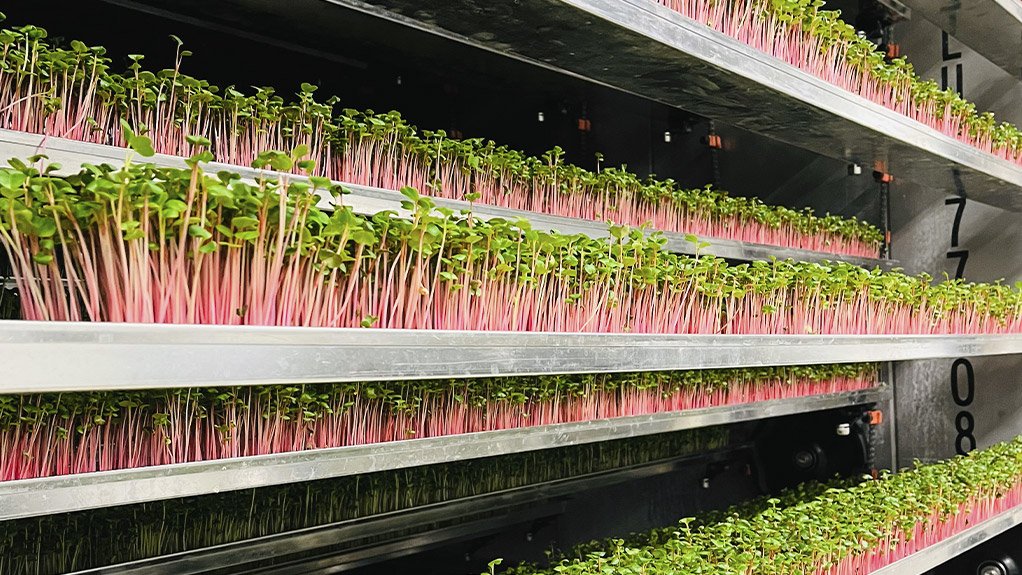
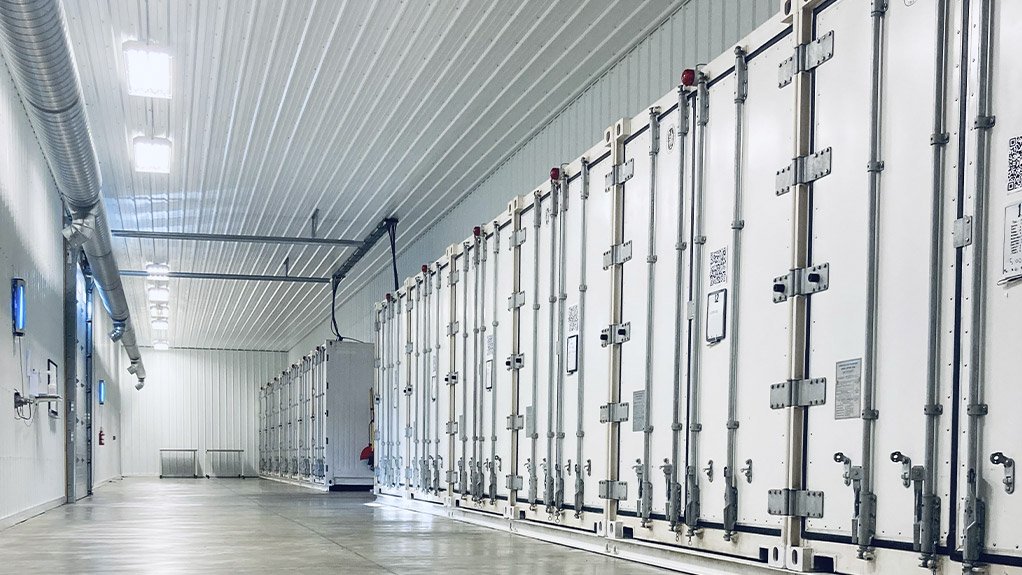
Living butterhead lettuce module at Sea to Sky Farms' operations in Alberta, Canada
Microgreens grown through controlled environment farming
Sea to Sky Farms' modular containers for controlled environment farming
Controlled environment farming company Sea to Sky Farms has grown to become among the most efficient per square foot lettuce growers in the world, using modular containers, with its expansion plans including the use of renewable-energy sources.
Sea to Sky’s vertical farming operation was established in 2019. It continues to serve as a global research and development centre for proprietary technology development. The commercial operations for Sea to Sky include 14 modular containers at the property in Alberta.
CFO and co-founder Daniel Cruz tells Engineering News that the company’s modular container farming solution produces ‘living’ full-head lettuce with the root on, which ensures a product that remains fresher for longer and is more nutritious compared with “dead” bagged lettuce counterparts from traditional farming.
In a region such as Canada with limited arable land for traditional farming, the Sea to Sky solution helps to localise production of leafy greens and reduces reliance on imports – as well as risks and delays associated with international supply chains.
Cruz elaborates that Canada’s cold and harsh climate necessitates the importation of foods from the US and Mexico, which makes it more expensive for retailers and consumers.
There are, therefore, huge opportunities to shorten the transportation route of fresh food in Canada.
Sea to Sky’s leafy greens have also proven to be more economical to produce, from a price per gram perspective, compared with a prewashed and cut head of lettuce.
Notably, Sea to Sky has successfully grown a living, commercial-scale specification Romaine lettuce, which only a handful of companies globally have managed to produce.
With controlled environment farming delivering the same output of crops year-round, it helps to mitigate against seasonal growing conditions that tend to affect prices and the availability of produce.
Additionally, given high food wastage rates in Canada, it is beneficial to have products that stay fresher for longer and have shorter shipping distances.
Sea to Sky has supplied large retailers and food distribution companies in Alberta and British Columbia with lettuce and microgreens, including Gordon Food Service and Sysco Canada. It now supplies large retailers through white label agreements.
Cruz stresses the importance of being mindful when scaling vertical farming operations, explaining that proof of sales and proof of concept needs to be solid to justify the massive capital investment required.
“We have seen a downturn in investment appetite owing to those mistakes with vertical farming.
“Our strategy has involved a lot of business modelling about where to scale, developing effective technology stacks and having a partnership with retailers in hand prior to scaling,” Cruz states.
Sea to Sky’s modular containers use LED lights, that can be powered by renewable energy, to substitute sunshine for year-round growing capability. The company also recycles nearly all of the water it uses in its hydroponic system, through a process called water ‘recirculating.’
The containers are fully automated with sensors to manage humidity inside each one and provide comprehensive data on crop health.
By no means can vertical farming, or controlled environment farming, replace traditional farming, rather, it adds to the available toolset for farmers, Cruz states.
“There has never been a more important time for sustainable agriculture. We have learned that fossil fuels have a cost to the environment; therefore, it is critical for every country to look at sustainable agriculture from an energy standpoint, as well as other inputs,” he explains.
Cruz adds that soil degradation is another prevalent problem that sustainable agriculture can solve for. “As much as soil is important, it creates other challenges with pesticides and fertilisers to gain yield, which have their polluting effects on the natural environment.”
Cruz says Sea to Sky’s hydroponic system does not use soil for its crops but substrate, a sponge-like medium made from natural materials. The controlled and sterile medium provides consistency in delivering nutrients and filtering water and airflow. He adds that substrate also reduces the risk of pathogen contamination and crop failure.
Water is another major issue in need of sustainable solutions. Cruz says, while Canada has an abundance of fresh water, water distribution systems across North America have conservation issues and vulnerabilities – particularly in Arizona and California – which is not sustainable for growing food in a traditional manner. Water recirculation, Cruz notes, is an effective mitigation strategy for water conversation for vertical farming in North America and can be adapted for the industry in Africa.
Cruz is confident that controlled environment farming can be used anywhere in the world, particularly with the continued development of renewable-energy sources, including solar, geothermal, and small modular reactors. He explains that, in Africa, these operations could be built right in the city from repurposed industrial buildings or housing development communities and at the required scale.
Cruz estimates that vertical farming is up to 99% less water consumptive than traditional farming and does not require the use of pesticides or herbicides.
“We are moving around a lot of produce and degrading soil in the traditional food system. Reducing the use of soil and transport of food can remove many of the risks associated with agriculture.
“Controlled environment farming allows you to work with the best parts of mother nature and produce a more nutritious living product with increased shelf life. As fewer shipments are affected by spoilage, this has a direct impact on reducing food waste, which in retrospect allows us to have a lower carbon footprint,” Cruz states.
He ultimately emphasises the need for shortened supply chains and for farmers to embrace more technological tools for efficiency and scale.
Article Enquiry
Email Article
Save Article
Feedback
To advertise email advertising@creamermedia.co.za or click here
Comments
Press Office
Announcements
What's On
Subscribe to improve your user experience...
Option 1 (equivalent of R125 a month):
Receive a weekly copy of Creamer Media's Engineering News & Mining Weekly magazine
(print copy for those in South Africa and e-magazine for those outside of South Africa)
Receive daily email newsletters
Access to full search results
Access archive of magazine back copies
Access to Projects in Progress
Access to ONE Research Report of your choice in PDF format
Option 2 (equivalent of R375 a month):
All benefits from Option 1
PLUS
Access to Creamer Media's Research Channel Africa for ALL Research Reports, in PDF format, on various industrial and mining sectors
including Electricity; Water; Energy Transition; Hydrogen; Roads, Rail and Ports; Coal; Gold; Platinum; Battery Metals; etc.
Already a subscriber?
Forgotten your password?
Receive weekly copy of Creamer Media's Engineering News & Mining Weekly magazine (print copy for those in South Africa and e-magazine for those outside of South Africa)
➕
Recieve daily email newsletters
➕
Access to full search results
➕
Access archive of magazine back copies
➕
Access to Projects in Progress
➕
Access to ONE Research Report of your choice in PDF format
RESEARCH CHANNEL AFRICA
R4500 (equivalent of R375 a month)
SUBSCRIBEAll benefits from Option 1
➕
Access to Creamer Media's Research Channel Africa for ALL Research Reports on various industrial and mining sectors, in PDF format, including on:
Electricity
➕
Water
➕
Energy Transition
➕
Hydrogen
➕
Roads, Rail and Ports
➕
Coal
➕
Gold
➕
Platinum
➕
Battery Metals
➕
etc.
Receive all benefits from Option 1 or Option 2 delivered to numerous people at your company
➕
Multiple User names and Passwords for simultaneous log-ins
➕
Intranet integration access to all in your organisation













